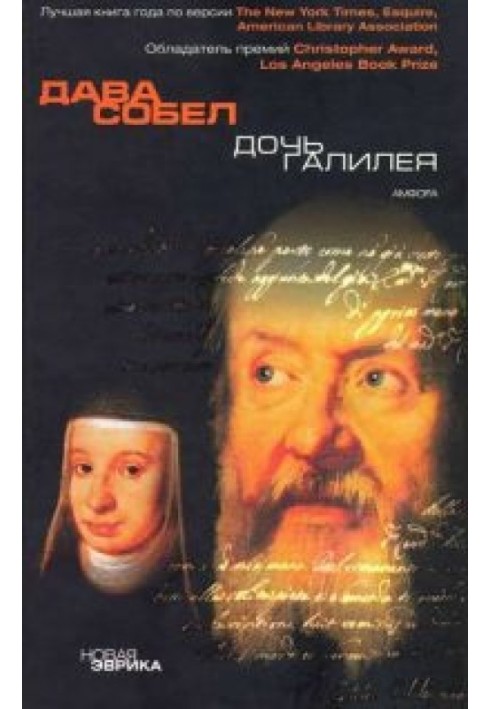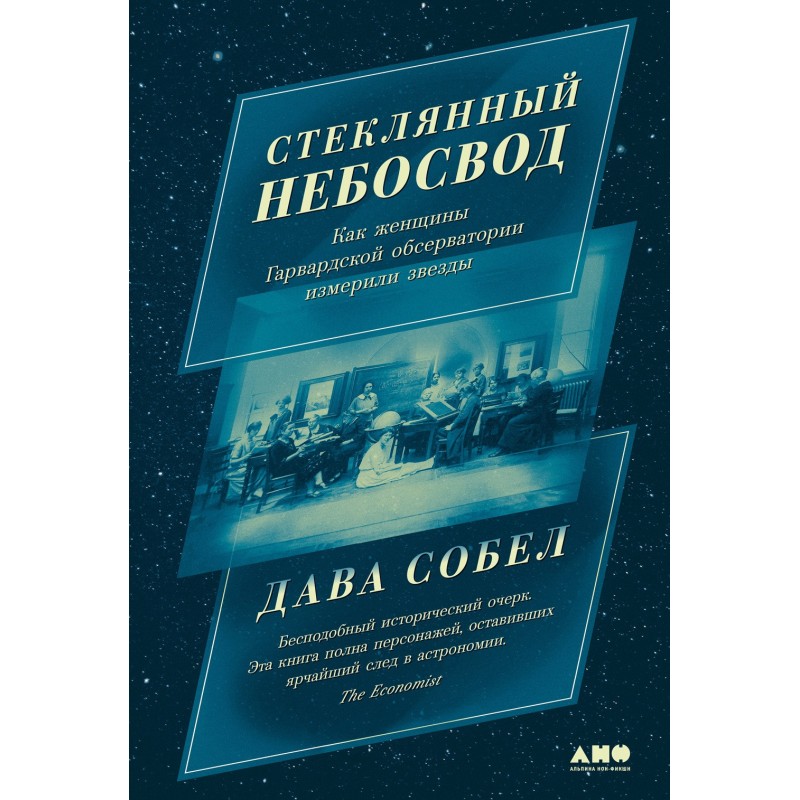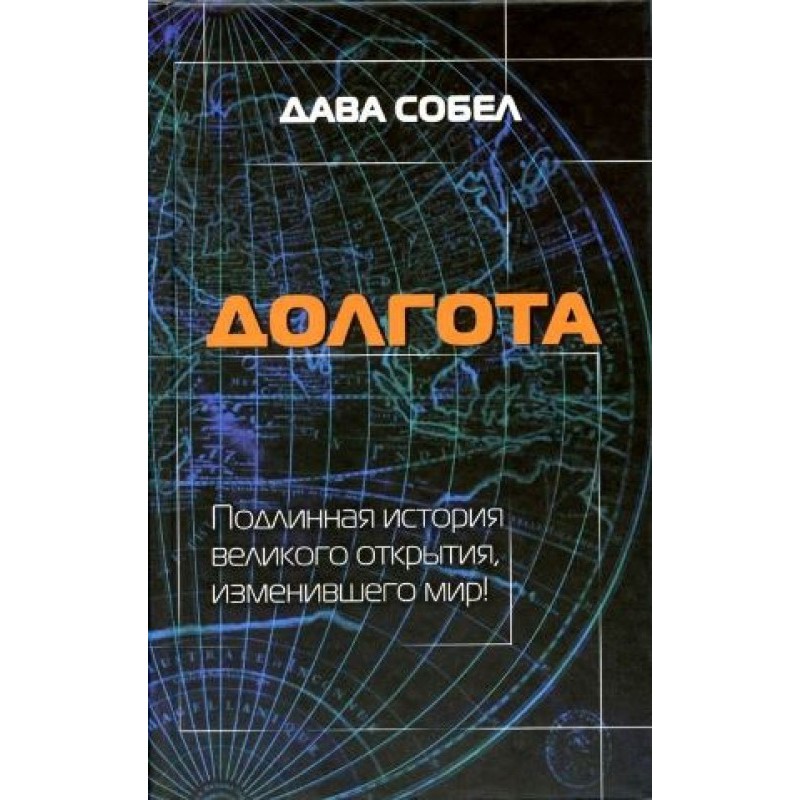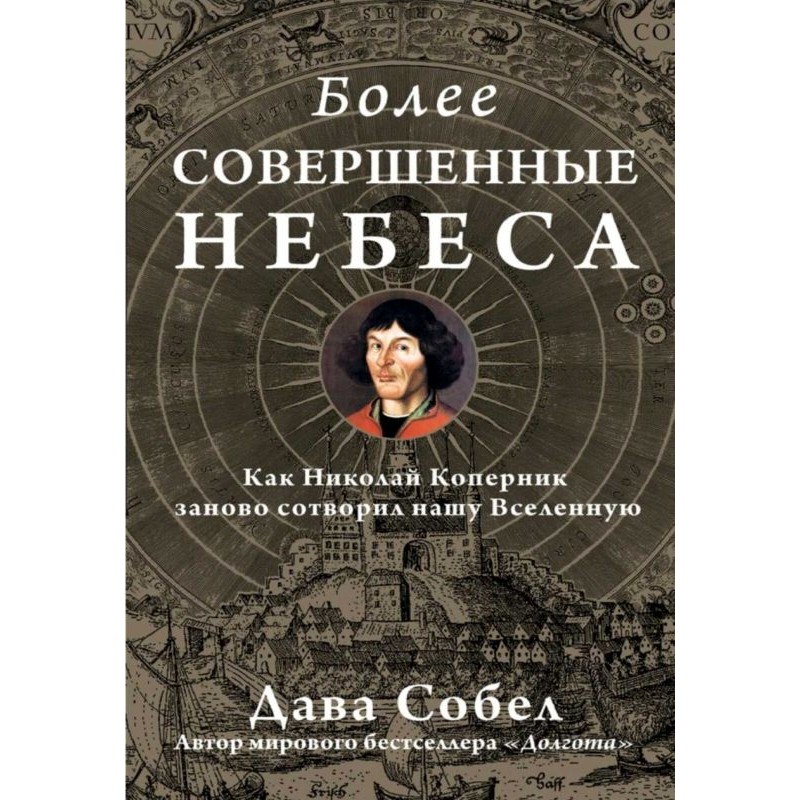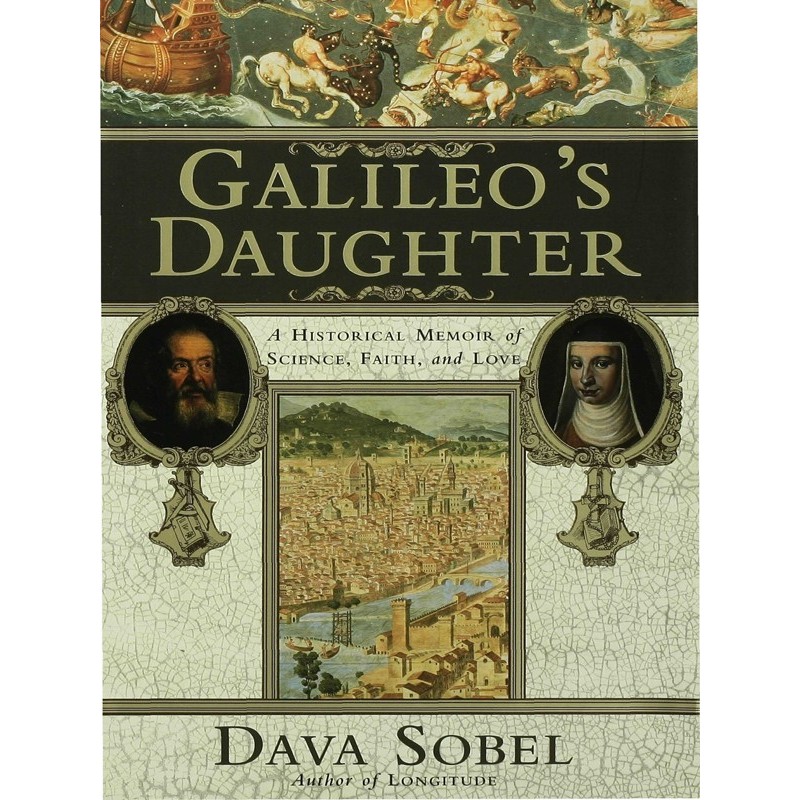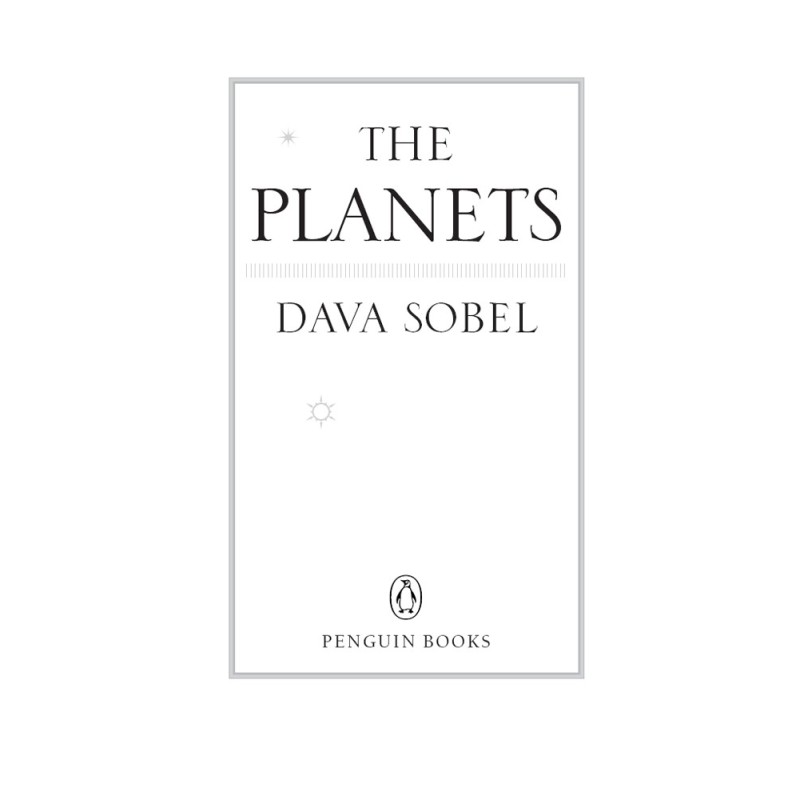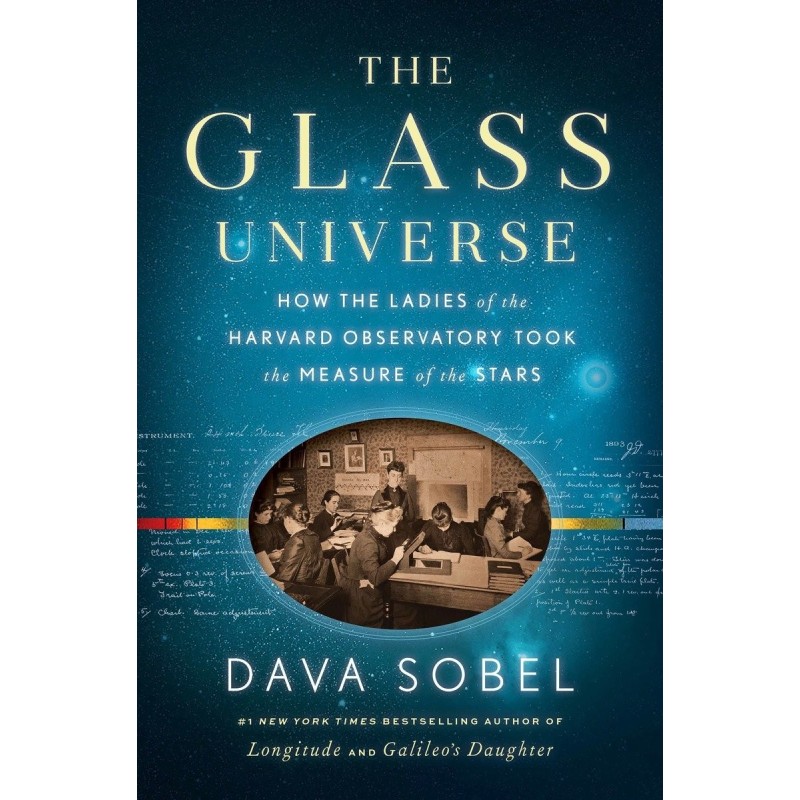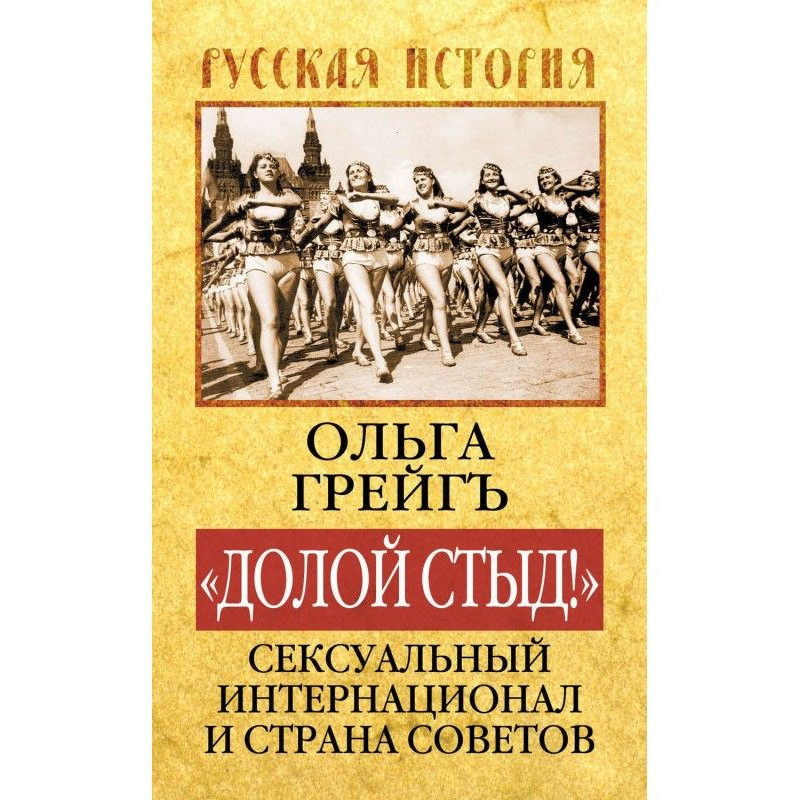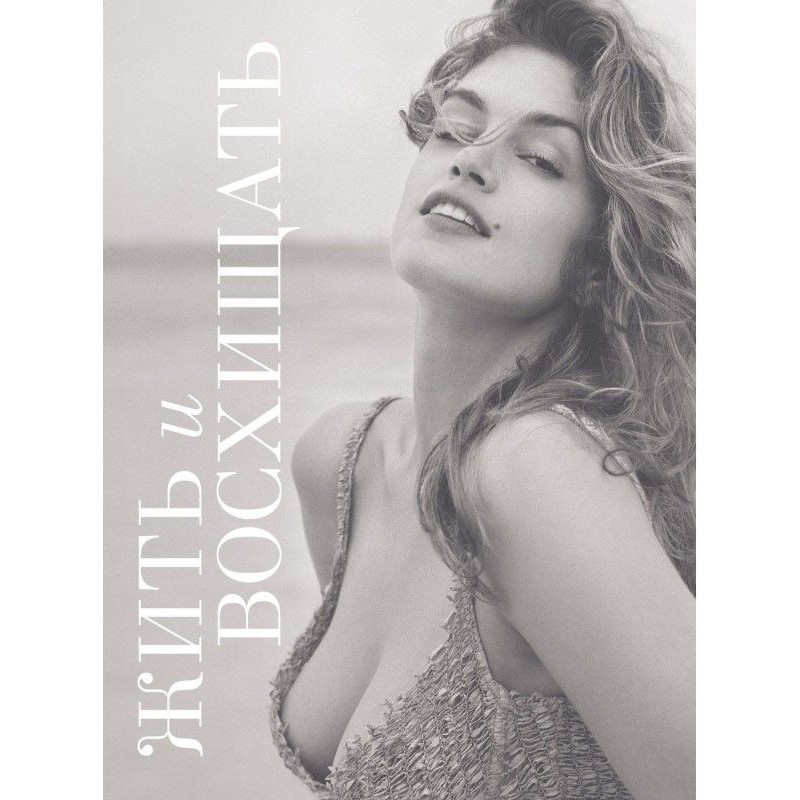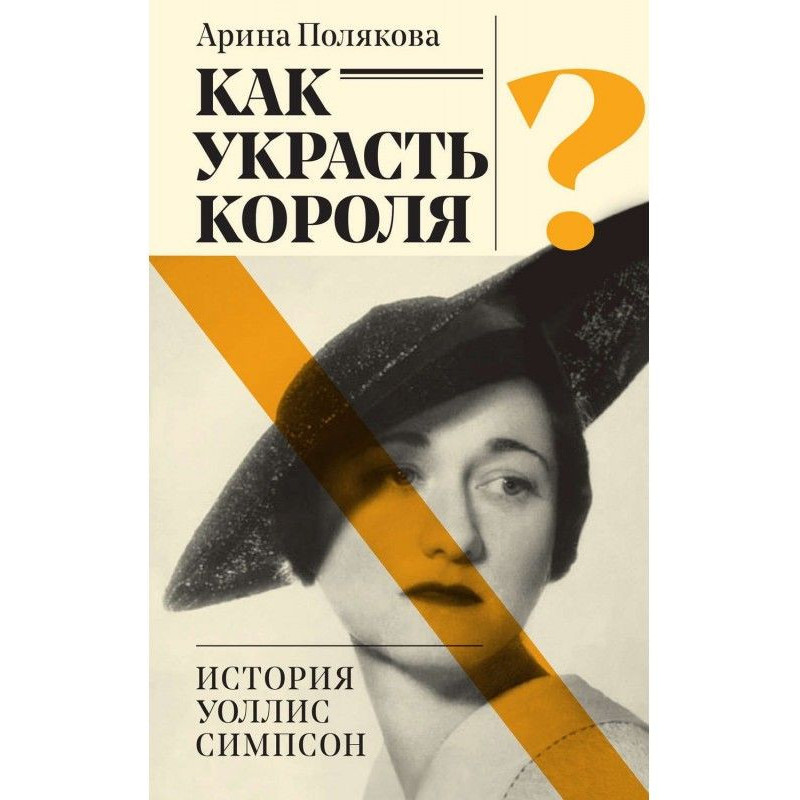Galileo's daughter
 Instant download
Instant download
after payment (24/7)
 Wide range of formats
Wide range of formats
(for all gadgets)
 Full book
Full book
(including for Apple and Android)
Since our school years, we have known the names of three scientists who were once mercilessly persecuted by the insidious Inquisition. Inventor of the heliocentric system, proponent of the idea of a plurality of worlds and author of the formula according to which our long-suffering planet has been spinning for almost four hundred years, regardless of any verdicts. They have been included in school textbooks for a long time - that, at least, is certain. We discover doubts about many other things as we grow up. Well, for example, we hear talk that the heliocentric system of Copernicus was developed simply to spite Ptolemy. Evil tongues even call Giordano Bruno an ardent admirer of the Emerald Tablet and almost a magician. But Galileo... Galileo, it seems, truly was an ardent defender of scientific truths. And an exemplary Catholic, we note. By the way, he most likely did not utter his great phrase. Dava Sobel's book “Galileo's Daughter” is, of course, primarily about Galileo himself. His daughter Virginia spent her entire life helping her father, who suffered from numerous illnesses and ill-wishers. She helped him even after death. It was Virginia's letters - modest letters from a loving and caring daughter - that inspired the author. Of course, Galileo was a sufferer. For a seventy-year-old man, tormented by illnesses, the loud and scandalous trial in which he was “lucky” to participate as an accused was a painful ordeal. “More dead than alive,” an eyewitness wrote about him. However, the circumstances of the mentioned process were not as ominous as others imagine. Not yellow clothes, not a woodpile ready to burst into flames. The clothes were white - as befitted a repentant sinner. Galileo was sentenced to prison, which a few days later was replaced by imprisonment in the Tuscan embassy. Well, and of course, a ban on publishing the book. “Dialogues” dedicated to the fact that the Earth “after all turns” were on the list of banned books at least until 1835. So, the tragedy of Galileo is not at all the tragedy of a man who was ahead of his time. There were plenty of supporters of his theory during the maestro’s lifetime, especially outside Italy. When Galileo’s book was banned, it immediately began to be distributed “under the counter.” Galileo's tragedy lay in the painful gap between what he believed in and what he devoted his life to. His weakening eyes, armed with telescope glasses, told him one thing, and the church ministers told him another. The Tribunal of the Holy Inquisition offered Galileo a draft of his renunciation... But on the first reading, Galileo discovered two points there that were so unacceptable that even under the most risky circumstances he did not agree to admit them: firstly, that in his behavior he retreated from the position of a good Catholic; and secondly, that he acted fraudulently to obtain permission to publish. You won’t believe it, but the inquisitors accepted his objections...
Data sheet
- Name of the Author
- Дава Собел
- Language
- Russian
Reviews
Вражаюча історія про боротьбу за наукову істину!
Книга "Дочка Галілея" від Дави Собел — це не просто біографія великого вченого, а справжня подорож у часі, яка дозволяє заглянути в глибини людської душі та наукової етики. Автор майстерно описує не лише життя Галілея, але й його стосунки з дочкою Вірджинією, яка стала його незамінною помічницею та опорою в найважчі часи. Читач отримує можливість зануритися в атмосферу епохи, коли наука і релігія перебували в постійній конфронтації, а інквізиція переслідувала тих, хто намагався відкрити нові горизонти знань. Книга спонукає замислитися над ціною істини та відвагою, необхідною для її захисту. Собел зуміла передати не лише факти, але й емоції, що робить цю книгу неймовірно захопливою. Я рекомендую її всім, хто цікавиться історією науки, а також тим, хто шукає натхнення в боротьбі за свої переконання.

